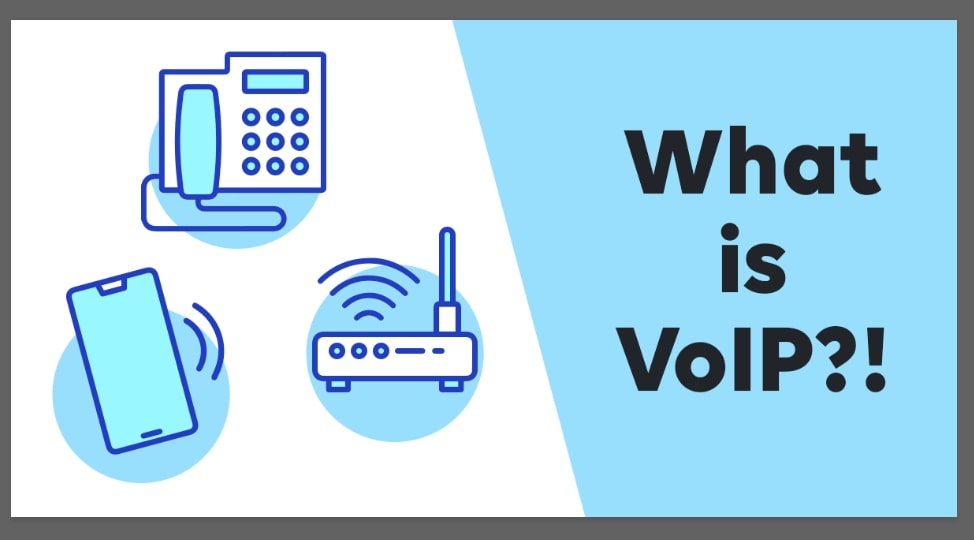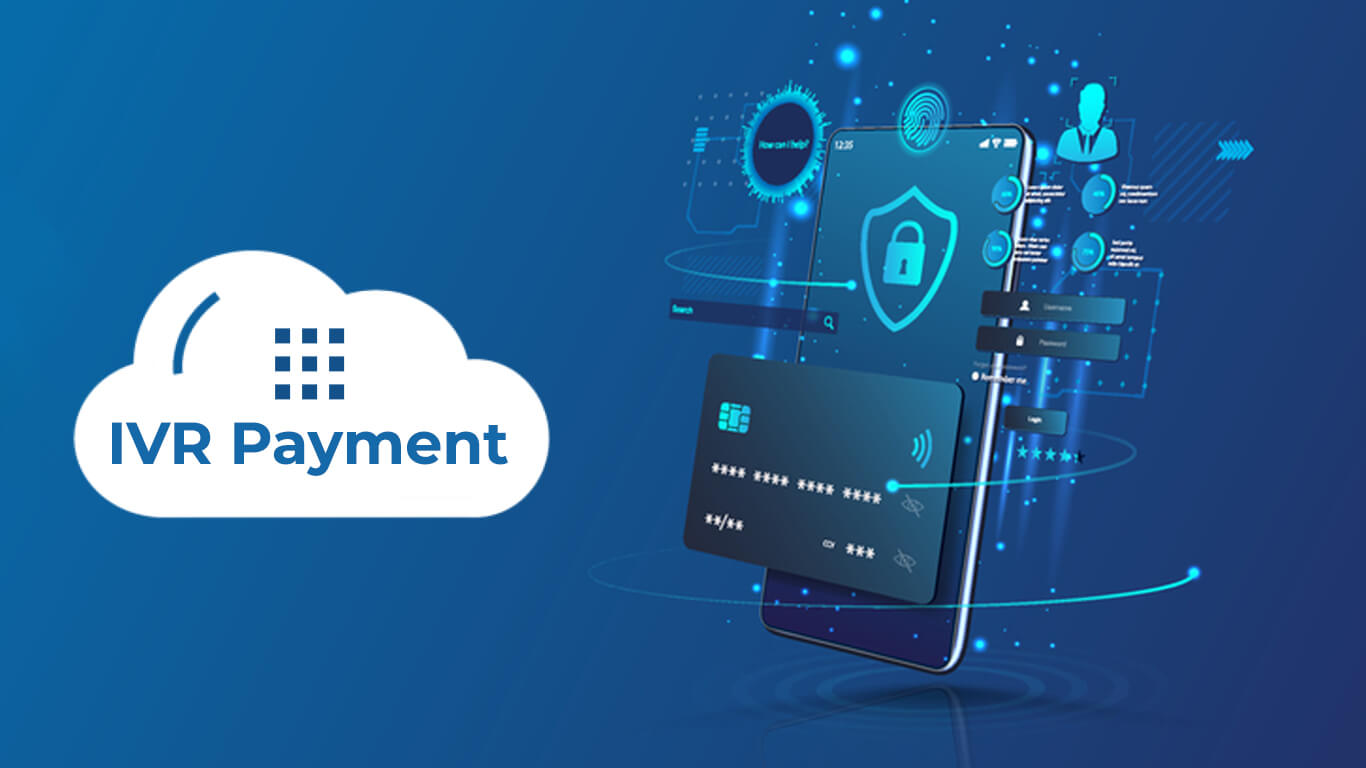How Does IP Telephony Work?
One of the features made possible by VoIP technology is the IP telephony feature. The IP telephony system allows users to make and receive phone calls with a simple internet connection.
Old telephone systems were difficult to install and had long, tangle-prone cables. These old systems used to transmit analog audio signals directly to the other person and carried the sound over landline cables.
VoIP, on the other hand, unlike these old telephone systems, first converts the voice into digital signals and then into data packets that are sent to the receiver. These data packets converted via broadband connection are also called packet-switched protocols. In this technology called IP telephony system, the voice is divided into parts and packaged in envelopes and sent to the addressee immediately. IP phone calls can be transmitted via a local area network called a LAN as well as a normal internet connection.
VoIP uses an internet connection so that voice signals can be transmitted between devices. Therefore, the company’s broadband must be available before it can be installed. Also ensure that the office is equipped with SIP endpoints such as IP telephony system and VoIP gateways to support analog phones.

IP Telephony or Other Telephony Solutions
Office phones were traditionally made with a plain old telephone system called POTS. This means that every phone in the office has its own phone line and phone number that connects it to the service provider. This was a confusing and impractical system as it required constantly dialing a long number before making a call.
The first development regarding the POTS system was the Private Branch Switchboard systems. This system allowed call forwarding to different phones in the office. And the people assigned to this task were taking the call manually. Afterwards, they sent the call to the addressee by pressing the buttons and manually reconnecting the cables in the switchboard. This system has started to be used by most of the large businesses as it increases the efficiency of making calls in the office.
Small businesses, on the other hand, implement PBX for their internal calling needs, but this system noticeably slows down the connection processes. It requires registering the services of a common operator center.
This problem was solved by the arrival of PABX services called Private Automatic Branch Exchange. PABX made this work happen by pressing various call transfer buttons, eliminating the need for the operator or agent to transfer calls. So, all the phones in the office were connected to one network. And all that was needed was to dial a one- or two-digit extension number.
On the other hand, IP telephony system, has become an indispensable part of the business world with the development of broadband internet connections. Especially with the development of the business world.
While PABX is still used by businesses around the world, the advent of IP-based telephony has only made these solutions more efficient.
IP telephony, on the other hand, are devices that provide the opportunity to communicate by connecting to the internet. IP telephony system have led to huge improvements in call quality, avoiding the high cost of landlines. Apart from making basic phone calls easier, it has also brought many life-enhancing additional features.
Benefits of Using IP Telephony
IP telephony have the capacity to provide benefits for any business regardless of the industry and the size of the business.
The VoIP system allows you to connect to all branches of your company, including worldwide, easily, and seamlessly. Small and start-up businesses, on the other hand, can move forward by switching from PBX to IP telephony system. Thus, they can achieve largely positive results in terms of both financial and quality. Now, we’ll be reviewing a few of these positive developments:
Cost Effectiveness
Cost effectiveness is the most prominent reason for companies to switch to the IP telephony because it saves money. In the IP telephony system, it is necessary to provide an IP phone to every desk in the office. But VoIP offers softphones that can be set up with computers and smartphones. In this way, it is possible to implement this system even without these devices, thanks to VoIP technology.
When we compare it with landlines, switching to IP phone system in all conditions and ultimately offers the opportunity to achieve great savings.
Less Clutter Around the Office
One of the biggest drawbacks of traditional phone lines was the unsophisticated cable looks that piled up almost everywhere in the office. IP phones have also been the solution to this problem. With the IP system, you can make calls from anywhere you want from an internet-based phone and you don’t have to deal with cables.
More Extra Features
It is a fact that the IP telephony is much better and more powerful in terms of sound quality compared to POT. With all this, the IP telephony has many extra life-saving features. Video conferencing, instant messaging, and many communication-related features are just a few of the many benefits that come with IP telephony system.
Seamless Integration with Business Tools
For companies that will switch to IP telephony system, there is something that is initially doubtful but actually very easy to do. This is whether the IP-based system will integrate with other business tools. This can be done instantly with the help of the IP team without bringing in complex equipment and outside experts for it. Thus, the telephone system is transferred to the digital environment in a very short time and easily.
As a result, communication is the most important pillar of our age. It is especially important in the business world where hundreds of external and internal calls are made every day. One of the most important reasons for using VoIP technology in the business world is the practical and effortless transition. There is no need for anything except a wide internet connection and devices that can connect to the internet. In the next process, considering all these benefits, IP telephony system can be preferred for the office.



